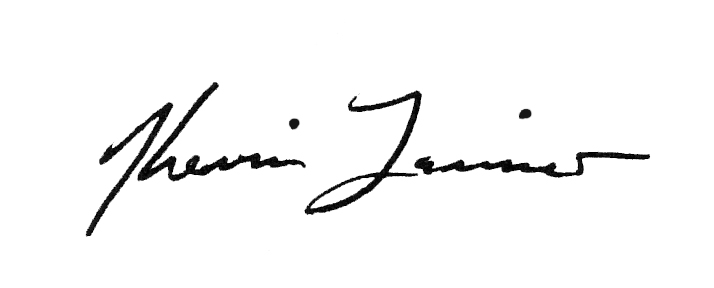The Eternal Optimism of Creative Minds
I wish I could say I always see the glass as half full, that a brilliant glow of optimism illuminates my every thought, but it’s not quite as straightforward as that. Even before the events of the past year or so, when the earth seemed to slip a few degrees off its axis, casting a psychic shadow that has thrown into stark relief some of our most pressing issues, such as climate change, gun violence, racial injustice, and sexual misconduct—long-standing problems that, seen in this new light, are impossible to ignore—I leaned toward the half-empty view. Over the years I’ve met plenty of folks who simply beam positivity, who don’t seem to ponder the darker aspects of life (none of them, I now realize, are writers). They have a pleasant way about them, of course, but if I listen to their sunny viewpoints long enough, I begin to suspect they’re staring just a bit offstage. Sort of like the meme of the dog sitting in a room engulfed in flames: “This is fine.”
Longtime readers of this magazine—thank you, sincerely—know by now that we acknowledge a bit of the darkness on our way to the light. We address those periods of uncertainty, revision, and rejection that are just as much a part of the writer’s life as book deals and accolades. Anything less, it seems to me, would convey a false sense of ease, establishing unrealistic expectations. Writers are too smart to fall for that. So, rather than treat a theme like Inspiration as some sort of celestial gift—received by writers, supine on their daybeds—our special section offers a number of active strategies for overcoming common obstacles: writer’s block, reconnecting after a long silence, approaching tired material with fresh eyes. Elsewhere in this issue we look at even more difficult subjects and how writers are dealing with them. Maya Popa examines how poets and activists are responding to gun violence; Gila Lyons explores the American Prison Writing Archive; Jay Baron Nicorvo traces the divergent paths of an imagination under the pressure of post-traumatic stress disorder.
So much about the world right now is not “fine.” That’s not pessimism; it’s reality. Want to be inspired? Consider how writers are facing that reality in ways that are personal, political, communal, confrontational. The line on our cover “Ten Poets Who Will Change the World” is not meant to be sensational. It’s a reminder; it’s evidence of the eternal optimism, the endless wonder that is built into us as writers. It’s a new year. Imagine what we can do.








